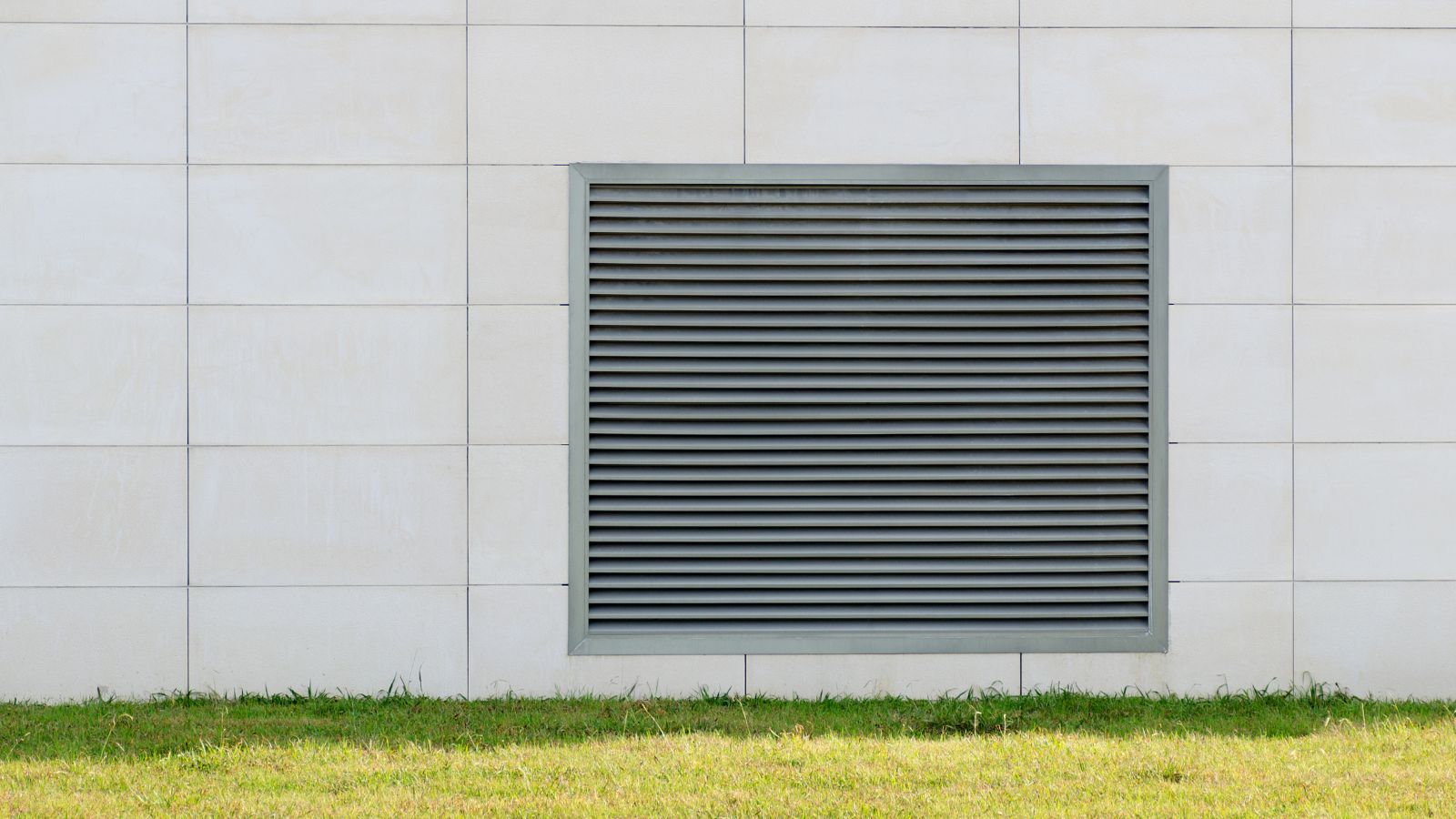How often should air ducts be cleaned? We asked HVAC experts to weigh in
Calculating the optimal cleaning schedule is key to maintaining a healthier, cleaner home


Design expertise in your inbox – from inspiring decorating ideas and beautiful celebrity homes to practical gardening advice and shopping round-ups.
You are now subscribed
Your newsletter sign-up was successful
Want to add more newsletters?

Twice a week
Homes&Gardens
The ultimate interior design resource from the world's leading experts - discover inspiring decorating ideas, color scheming know-how, garden inspiration and shopping expertise.

Once a week
In The Loop from Next In Design
Members of the Next in Design Circle will receive In the Loop, our weekly email filled with trade news, names to know and spotlight moments. Together we’re building a brighter design future.

Twice a week
Cucina
Whether you’re passionate about hosting exquisite dinners, experimenting with culinary trends, or perfecting your kitchen's design with timeless elegance and innovative functionality, this newsletter is here to inspire
Air ducts are a crucial part of your home's ventilation system, so it's essential to keep them clean to improve indoor air quality and extend the life of your HVAC system.
Neglecting regular cleaning can lead to dust build-up, mold presence, and other airborne impurities, exacerbating respiratory issues such as asthma and allergy symptoms.
The frequency of cleaning can vary based on your individual circumstances, and calculating the optimal cleaning schedule for your ventilation ducts is key to maintaining a healthier, cleaner home. Below is our expert guide to help you determine the right schedule.
How often air ducts should be cleaned
'The National Air Duct Cleaners Association (NADCA) suggests that air ducts should be cleaned every three to five years,' explains Josh Mitchell, HVAC technician and owner of Air Conditioner Lab. 'This can help maintain your HVAC system's efficiency and prevent dust and allergens from accumulating in your home's air.'
Factors influencing frequency
Respiratory issues
Suppose someone in your home suffers from allergies, asthma, or other respiratory conditions. In that case, you might consider cleaning your air ducts more frequently – potentially every two to three years – to reduce the presence of irritants that can exacerbate these conditions.
Dr Kevin Huffman, Founder of Ambari Nutrition explains: 'An accumulation of dust mites, pet dander, pollen, and mold spores in the ducts can be pushed into the home with each blast of the air conditioner or furnace, which can be particularly triggering for these individuals, causing coughing, sneezing, congestion, and trouble breathing.' Cleaning more regularly can mitigate these issues.
Frequency of use
'If you use your heating and cooling systems frequently, it can lead to a quicker buildup of dust and debris, which means you will need regular cleanings – this will be around every 2 to 3 years,' says Destry Thompson, general manager of John Stevenson Plumbing, Heating & Air.
Design expertise in your inbox – from inspiring decorating ideas and beautiful celebrity homes to practical gardening advice and shopping round-ups.
'If your HVAC system is equipped with a high-efficiency filtration system, such as this one from Amazon, it can help reduce the amount of dust and debris that enters the ductwork. These systems can prolong the time between necessary duct cleanings.' Make sure to choose the right one for your specific model and clean your HVAC or have it serviced reguarly.
Pet ownership
Homes with pets that shed significant amounts of hair and dander may require more frequent duct cleaning, about every 1 to 2 years. Using high-quality air filters and replacing them frequently can help manage pet hair and dander between duct cleanings.
Pest infestation
'It's also good to clean out your air ducts more frequently when you're dealing with pest problems, especially for pests like mice or roaches who love to set up camp here,' advises Brett Bennett, director of operations, PURCOR Pest Solutions.
'Cleaning every couple of weeks or so while you're dealing with an active infestation can be a good way to check to see if there are signs of returning pests and keep things clean and disturbed enough to deter them.'
Recent renovations
'If your home has undergone significant renovations or remodeling, especially if there was a lot of dust and debris, it's a good idea to clean the ducts once the work is completed to remove any construction materials that may have entered the system,' recommends Josh Mitchell.
'Additionally, if you're moving into a previously owned home, cleaning the ducts is wise unless you have documented proof that it was done recently. This ensures that you start with a clean system.'
Signs you need to clean your air ducts sooner
While the frequency of cleaning should usually give you a suitable guideline for keeping your home's ventilation system in good working order, some indicators suggest it needs to be cleaned as soon as possible. Stay vigilant for these signs:
Visible mold growth: If you identify mold growth inside the ducts or on other HVAC system components, it's crucial to get the ducts cleaned professionally.
Pest infestation: If you have evidence of animal infestation or nesting in your ducts, cleaning is necessary to remove these contaminants. In addition to bacteria, some pests can carry diseases, so the importance of cleaning in this instance cannot be understated.
Unexplained allergy symptoms: If anyone in your household is experiencing unusual or unexplained allergy symptoms or illnesses, it might be related to air quality. Having your ducts inspected and cleaned may solve this.
A thorough inspection by a professional can determine if your ducts need cleaning and what might be causing any issues. Professionals will clean your ducts using brushes, vacuums, and appropriate cleaning products, taking care not to damage the ductwork. They should also follow up cleaning with a detailed after-action review, outlining the work completed and any discoveries made.

Lola Houlton is a news writer for Homes & Gardens. She has been writing content for Future PLC for the past six years, in particular Homes & Gardens, Real Homes and GardeningEtc. She writes on a broad range of subjects, including practical household advice, recipe articles, and product reviews, working closely with experts in their fields to cover everything from heating to home organization through to house plants. Lola is a graduate, who completed her degree in Psychology at the University of Sussex. She has also spent some time working at the BBC.